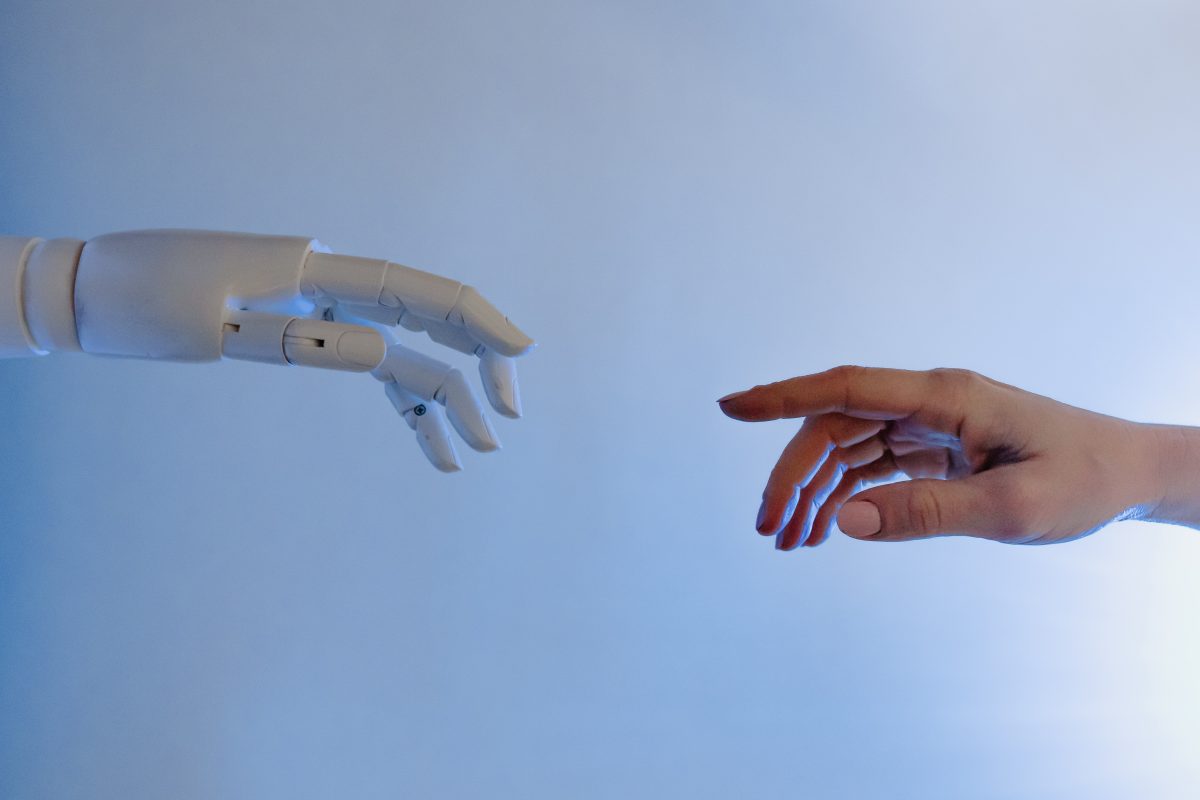Working together online
Since the pandemic, using Zoom or Microsoft Teams is the norm for many of us. We’ve got used to navigating videoconferencing tools and brainstorming with online whiteboards. However, immersive technology has the potential to completely change the way we work together.
Meta certainly have big plans for the workforce, as it was given a specific mention in their recent Meta Connect Keynote. Meta also announced a new partnership to bring Microsoft 365 tools to virtual reality.
With the help of immersive technology, employees would be able to seamlessly interact between their physical and digital environments. They could collaborate in custom built virtual rooms from the comfort of their own desks. Problem solving and productivity will be enhanced as employees will be able to manipulate 3D objects and organise complex data and information in a more intuitive way.
Whilst employees of the future might need to develop their digital skills to account for new ways of digital collaboration, communication and productivity. It’s worth noting that the technology is not quite there yet.
Working smarter not harder
It is widely predicted that Artificial Intelligence (AI) stands to make certain tasks or jobs obsolete. Around 7% of existing UK jobs could face a high (over 70%) probability of automation over the next 5 years, rising to 18% after 10 years and just below 30% after 20 years (PwC, 2021).
However, it’s not all doom and gloom. Have you ever been stuck for an idea, or felt unsure how to solve a complex problem? AI could be the answer. Many are turning to ChatGPT to help them draft a report or document, plan a lesson or workshop, or summarise large amounts of data/ research.
It is likely we will see AI being embedded in tools we use in our everyday working lives. Microsoft is currently in talks to bring ChatGPT to their Office suite. We could soon be able to use AI improve the fluency of our Word documents, or quickly create a complex Excel formula that otherwise would have taken weeks to investigate. If you are interested in reading more about how ChatGPT works and its limitations, take a look at this blog post from the National Centre for AI. Microsoft have also recently acquired AI image generator DALLE-2 to use in their new Microsoft Designer tool, where prompts can be used to generate quick images, graphics and designs.
Communication, creativity, organisation and decision-making skills will still be necessary for a future workforce. The addition of AI will simply change the way in which we demonstrate these skills. We need to recognise how such AI tools can make our working lives easier, freeing up our time for more interesting and complex tasks.
Nonetheless, there are still plenty of skills gaps which AI cannot fill. Whilst AI is great at analysing large sets of complex data and for decision-making, it’s not the best at physical or motor related tasks. This means skills in vocational roles such as in hospitality, hairdressing, childcare and social care will be in high-demand as they’re unlikely to replaced by automation any time soon.
Join the Conversation
If you’re interested in the skills a future employable learner might need, or how to embed such technologies to teach employability skills, join us at our next ‘developing learners’ employability skills’ workshop on:

